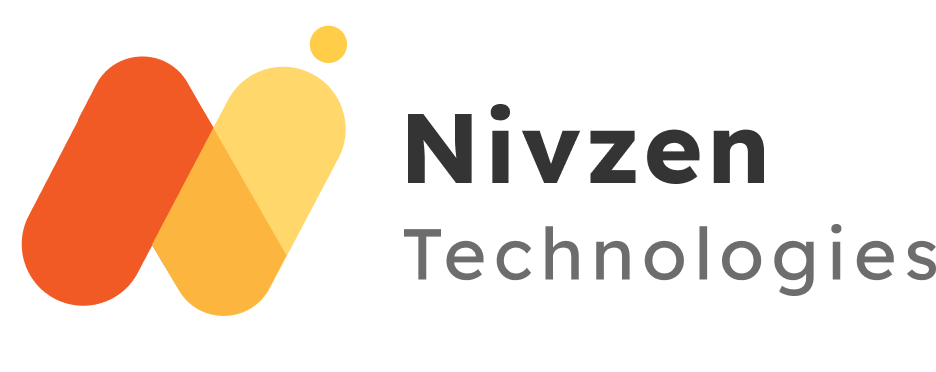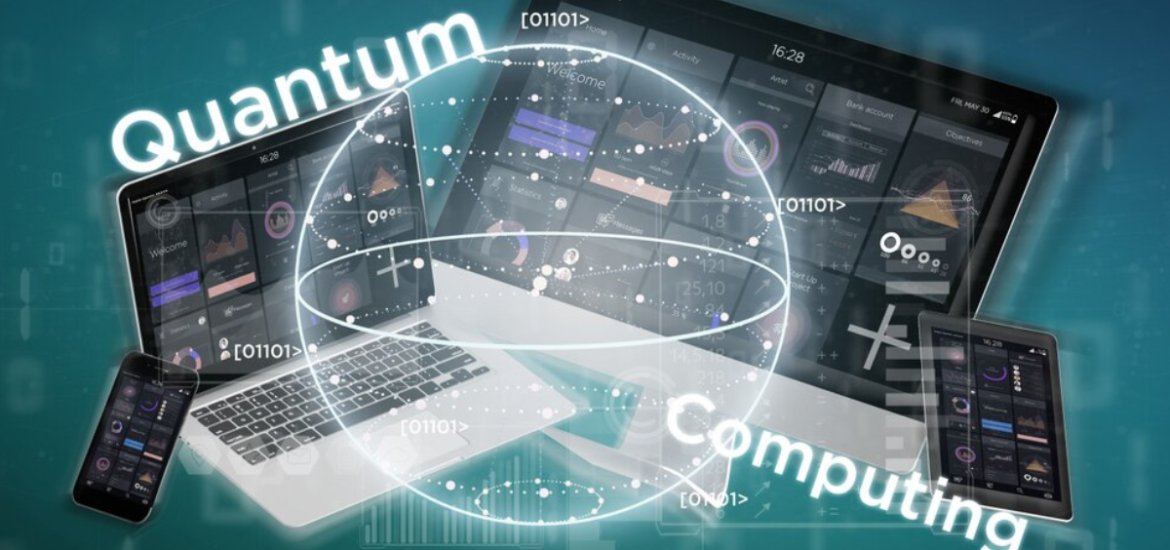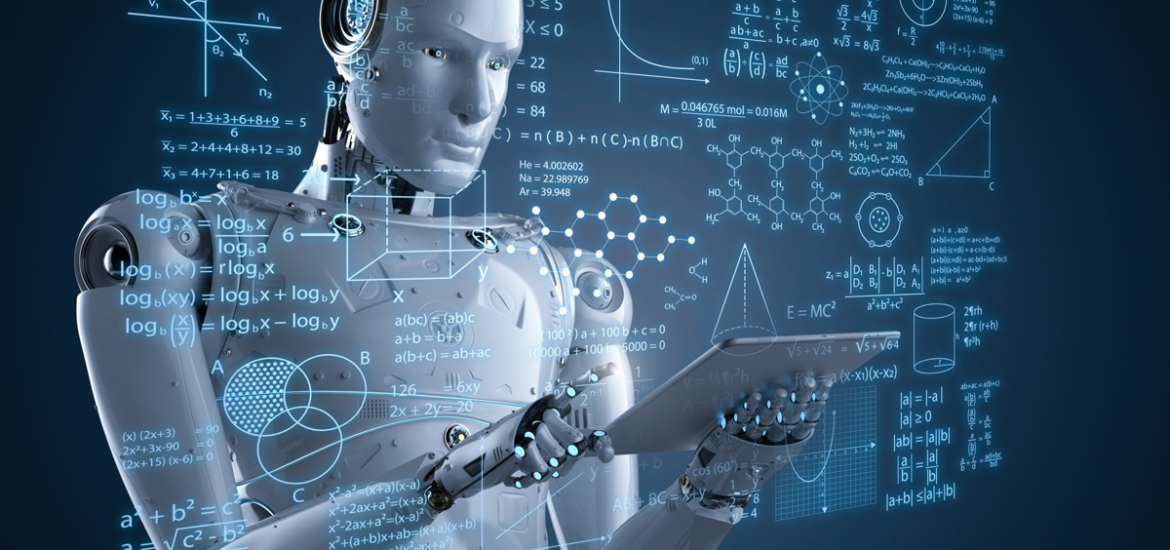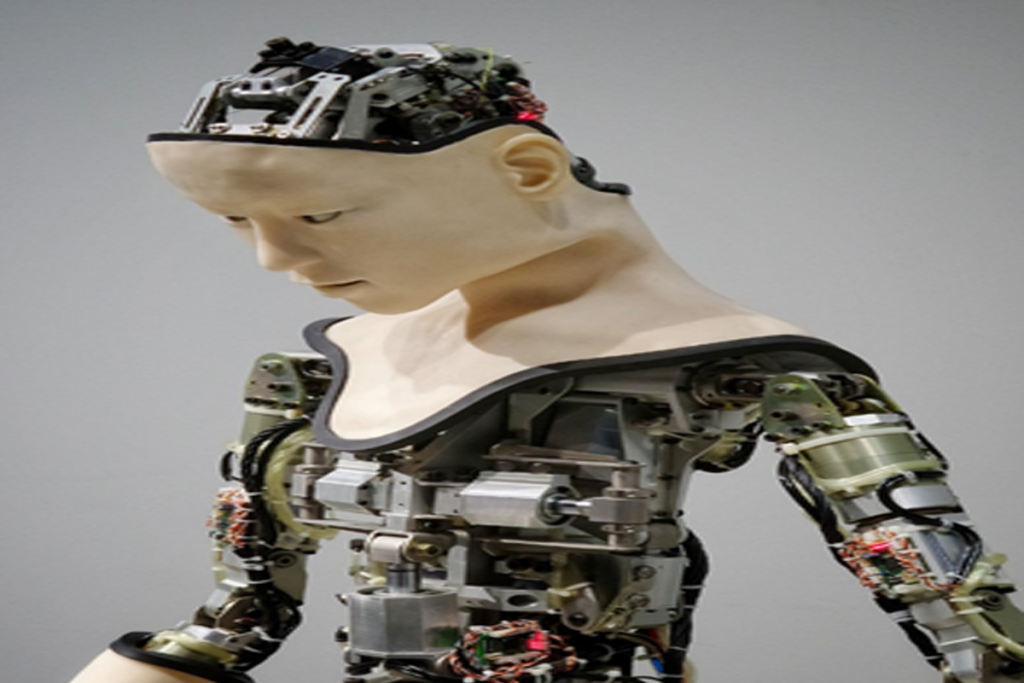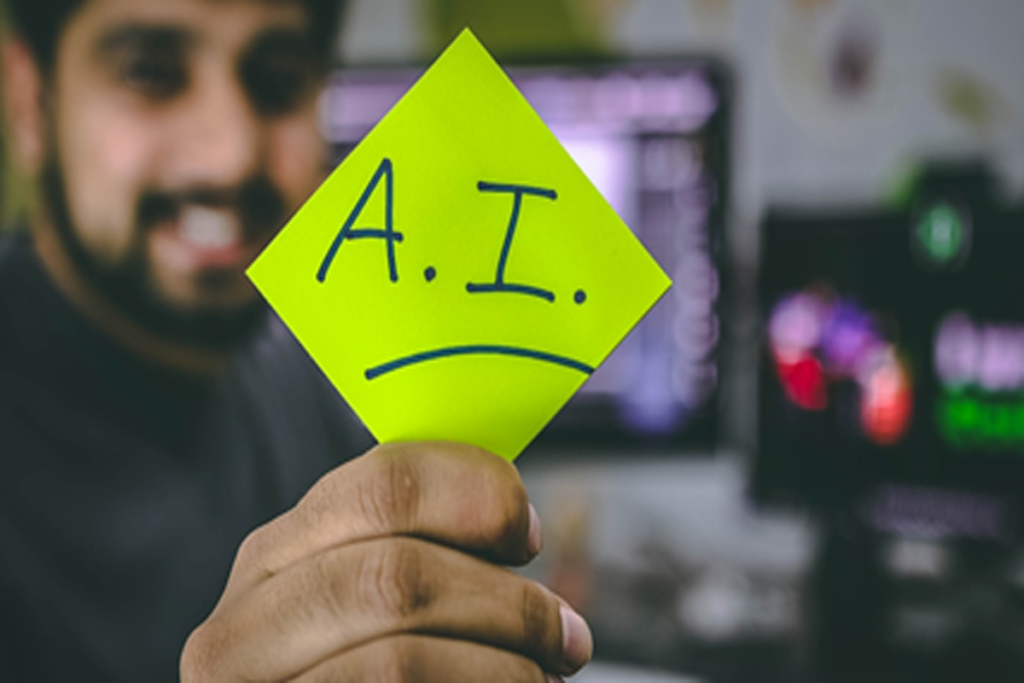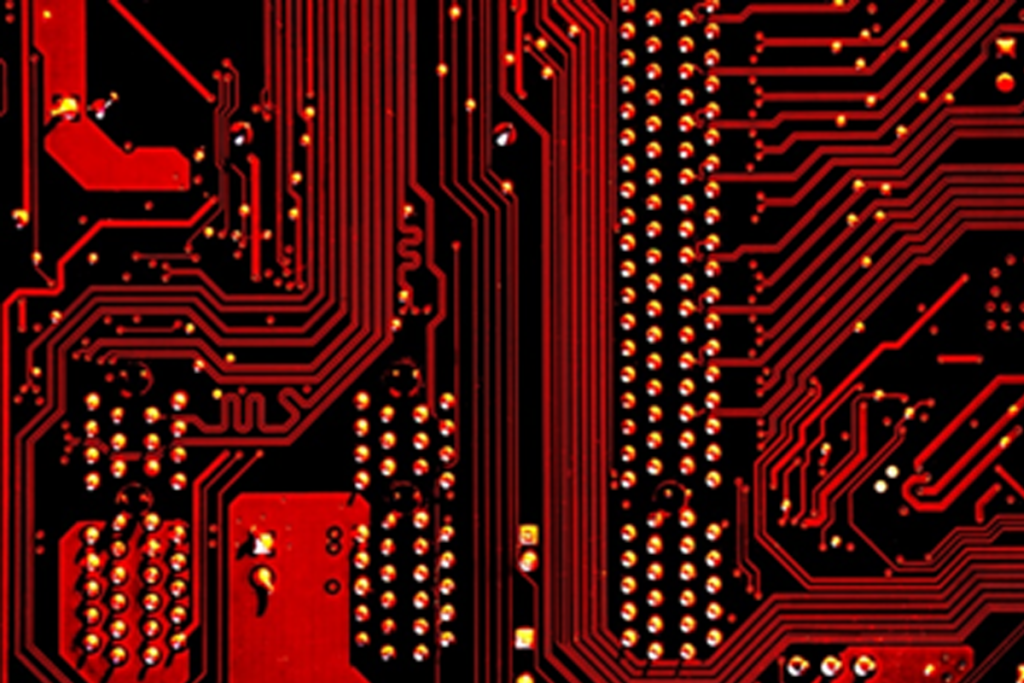Introduction
Quantum computing is a new and developing field of computing which harnesses the power of quantum mechanics to solve complex problems. It has the potential to revolutionize the way we solve complex problems, and has already begun to be used in industry and research.This article will briefly introduce quantum computing and explain how it can be used to solve complex problems. It will also outline some of the challenges associated with quantum computing, and how these are being addressed.
The basics of quantum computing

The basis of quantum computing lies in the operation of qubits, which are the quantum version of the traditional bit. A traditional bit is capable of representing either a 1 or 0, while a qubit holds a combination of these values. This allows for more complex calculations in fewer steps.
Quantum computing has been proposed as a powerful tool for tackling complex problems that would take a traditional computer an unimaginable amount of time to solve. It works by harnessing the power of entanglement, which is a phenomenon whereby two particles become linked and react in unison.
The power of quantum computing

The power of quantum computing lies in its ability to leverage a process called quantum entanglement. This process allows the qubits to become linked together and interact with each other in a way that traditional computing methods cannot match.
The potential of quantum computing is seen in its ability to process vast amounts of data very quickly, using significantly less energy than traditional computers. This makes it ideal for data-intensive problems, as well as for tasks that demand high levels of accuracy.
Another key benefit of quantum computing is its ability to automate certain tasks, such as the discovery of new drugs or the optimization of machine learning models. It is even being used to explore the theory of quantum mechanics and develop quantum algorithms.
Real-world applications of quantum computing

Although quantum computing is still in its early stages, we are already seeing real-world applications of quantum computing being used in the fields of medicine, finance, healthcare, and cybersecurity.
The pharmaceutical industry is using quantum computing to speed up the process of drug discovery and development, allowing them to quickly and accurately test how new drug molecules interact with different proteins.
In finance, banks are utilizing quantum computing to reduce trading risk and better analyze financial markets.
In healthcare, quantum computing is being used to develop more accurate diagnoses and treatments with fewer side effects.
The future of quantum computing
As quantum computers become increasingly powerful and complex, they will enable humans to solve challenges that were previously impossible.
Quantum computers will enable us to develop more powerful machine learning algorithms, which will be able to analyze more data and arrive at better decisions much more quickly.
Quantum computers will also enable us to develop optimization algorithms that can quickly analyze huge amounts of data and provide us with better results for problems like scheduling and routing.
The most exciting part of quantum computing is its potential to revolutionize the field of Artificial Intelligence (AI). Quantum AI will be able to solve complex problems, making it possible for computers to make decisions that were previously thought to be impossible. With quantum AI, computers will be able to analyze large amounts of data and make decisions much faster and more accurately.

